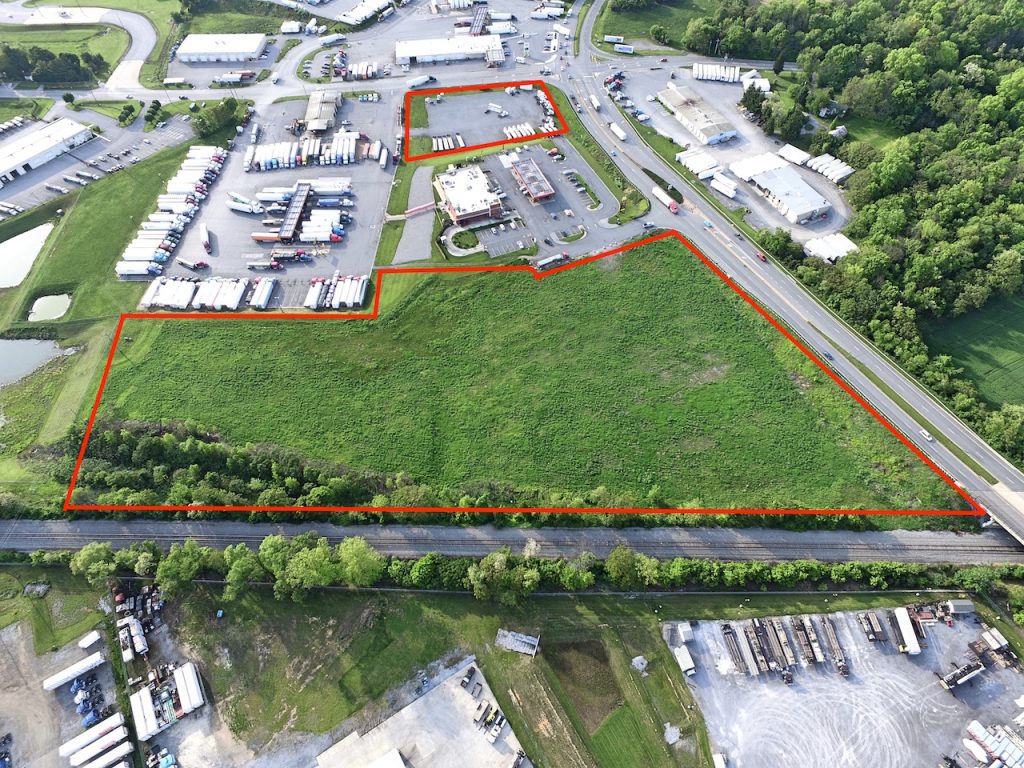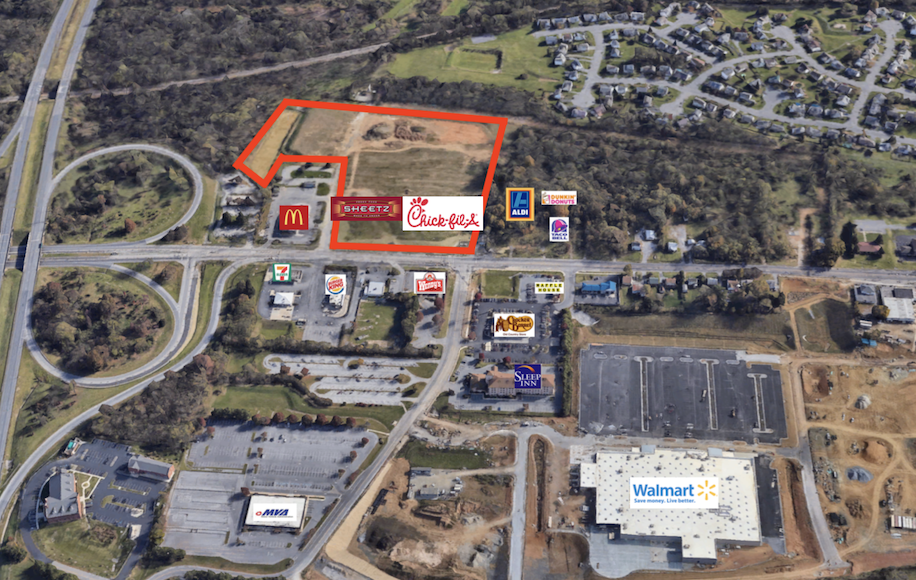Leasing land is a common practice in the business industry. For instance, you might want to lease a lot when expanding your business operations to a new location, yet you do not wish to buy the land before testing the waters.
Whatever the reasons for leasing land, you have to get the process right; otherwise, you could end up dealing with unwarranted inconveniences like legal battles and financial loss. Bowman Development is here to explain what a land lease is to help keep you informed.

What is a Land Lease?
A land lease is an agreement that gives you the right to use someone else’s land without owning it. You can use the leased land for various projects like constructing a manufacturing facility, commercial property, or an agricultural project.
Since you do not own the land, you will be paying the landowner periodic rent payments for the right to use the land. Your rent will depend on the land size, location, and market price. From time to time, the landowner can adjust the rent to match the consumer price index.
Typically, the duration of the lease can range from a few years to several decades. You have the freedom to negotiate a favorable lease term before signing the contract. At the end of the lease period, you vacate the land or renew the contract.
Types of Land Leases
There are two main types of land leases — subordinated and unsubordinated. A subordinated land lease allows you to utilize the land’s title as collateral for a loan to develop it. Given the risk involved, the landowner will charge a higher rent to compensate for the risk.
Unlike the subordinated lease, an unsubordinated ground lease, the landowner retains full ownership of the land and all improvements you make on it. Notwithstanding, the unsubordinated lease attracts low rent, making it a more affordable lease option.
Advantages of a Land Lease
A land lease offers many benefits. Many businesses often prioritize it because of the low upfront investment required to use the land. You will typically need to pay a security deposit and monthly rent rather than a substantial, one-time payment. Other great benefits of land for lease include the following:
1. A Lease Allows You to Build Anything
A land lease allows you to develop your project, following your specifications as long as it aligns with zoning regulations and building codes. This flexibility will enable you to tailor your development to meet specific market demands and operational needs.
2. Reduced Property Taxes
Leasing land can help minimize your tax burden. With the lease, you will be paying taxes for the developments like buildings and tangible infrastructure you make on the lot. The landowner will take care of the taxes associated with land ownership.
3. Leases Give Access to Great Locations
Buying and developing land in prime locations can often be prohibitively expensive for your business. However, with leasing, you can establish your business venture in these prime locations at a lower price. Leasing eliminates the financial burden of purchasing the prime land.
Discover the Perfect Land Lease Opportunity with Bowman Development

Although leasing is inexpensive to acquire land for development, the process isn’t straightforward. You have to locate the land, negotiate with the owner, and enter into a lease agreement outlining the rights, responsibilities, and limitations of the parties involved.
Since 1987, Bowman Development has helped businesses locate ideal commercial properties. For this reason, if you wish to get the land lease process right, involve our experts from the start. We will help you locate the right land and negotiate favorable lease agreements.
Contact us to discover the perfect land for lease.
